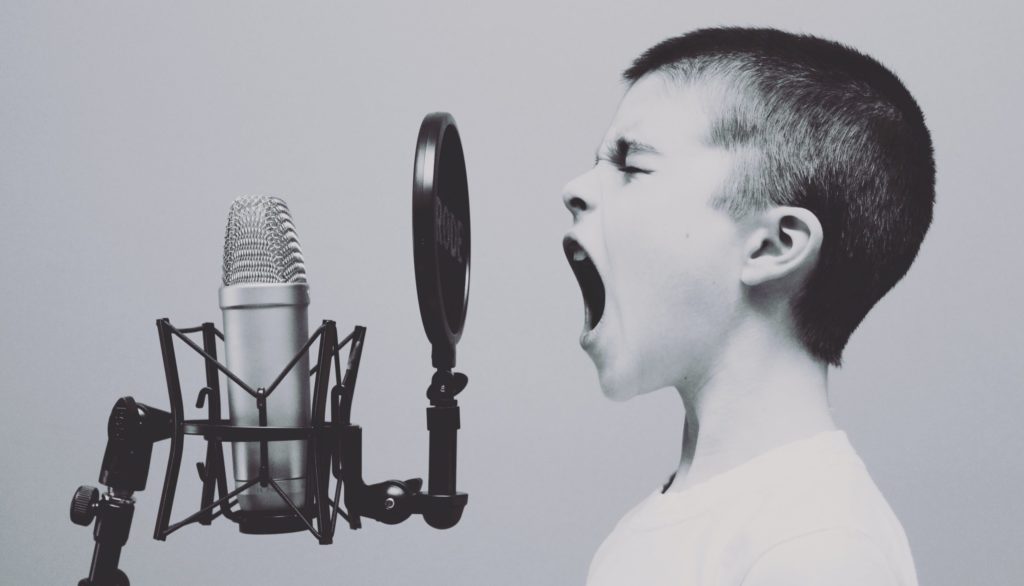"But only your voice I hear and it rises / your voice with the flight and precision of an arrow". The voice has this practical power, as Neruda summarizes in these verses: it makes the word audible and special, and knows how to assign it its own singularity, a singularity proper to the person who pronounces it.
The voice, a combination of distinctive sounds, memory and emotions, matures inside us, rises from the lungs to the throat, until it shoots out of the mouth like an arrow towards its target, enters the common space and reaches others, revealing not only what we intend to say, but also what we would like to hide. In this the voice is loyal, too loyal to us, to the point of betraying us.
In Latin, vox means sound, tone, and is like a bridge that joins two shores, allowing a relationship. Often used as a synonym for word, judgment and sentence, vox also indicates singing, such as that of mermaids (Sirenum voices), and even enchantment: in Horace the voces sacrae are magic formulas, means of healing. A voice can also heal, the poet seems to suggest.
So intimate to us, it has ended up being plundered by a series of popular sayings: "pass the voice", "hear the voice", "give the voice", "give voice to the voiceless", all expressions that display their relational potential. Or we use the voice of the heart and the voice of the blood, as if our organs themselves wanted to be heard, directly, without mediation.
It is immediately understood that it is destined for the word. But in this destiny it exerts a particular magnetism: it defends words from drifting into abstraction, as if they were clouds that fly over our heads without us caring, good for making columns like this one, and frees us from the risk of logocentrism, making our way of speaking (precisely) concrete, corporeal. With its particular "thoroughness", the voice is the corporeality of saying that is situated between the body and the word, it is the exchange between the body and the word.
It poses only one condition: to ask to be listened to. And by presuming to listen, it opens itself to the recognition of difference: the word you address to me is not separate from the real, because you say it now. Unique as you, as the curiosity it feeds, as the relationship established with the other.
Once upon a time there was a king, Calvino tells us, who, in order not to risk losing his power, ended up reducing himself to a prisoner in his palace, sitting on his throne and clinging to his scepter. Blocked by the fear of being the victim of a conspiracy, he only devoted himself to one activity, that of listening, which soon became an obsession to control every little noise. Until he heard a voice singing... A voice that came from a person, unique and unrepeatable like all people. Calvino underlines: a voice that always manifests what the person has most hidden and truest.
That voice changed the destiny of the kingdom. How? On the strength of an intuition of the king: the voice pointed out that there was a living person, throat, chest and history, different from all the others, inviting him to get out of himself, out of his cage. And he listened to it.
It happens to a king and it can happen to us.
The pleasure that the voice produces in one's own existence attracts and moves us. It induces us to think that ours is different from any other and is invited to express itself, to exchange. It could be the beginning of a new awareness of what it means to be in the world, of what a relationship is.
The voice has one last characteristic: it resists time, it remains imprinted in the auditory memory and continues to keep us company even if its owner loses it or moves away. This must be its spell.
Degree in Classical Literature and PhD in Sociology of Communication. Communications Director of the AVSI Foundation, based in Milan, dedicated to development cooperation and humanitarian aid worldwide. She has received several awards for her journalistic activity.







